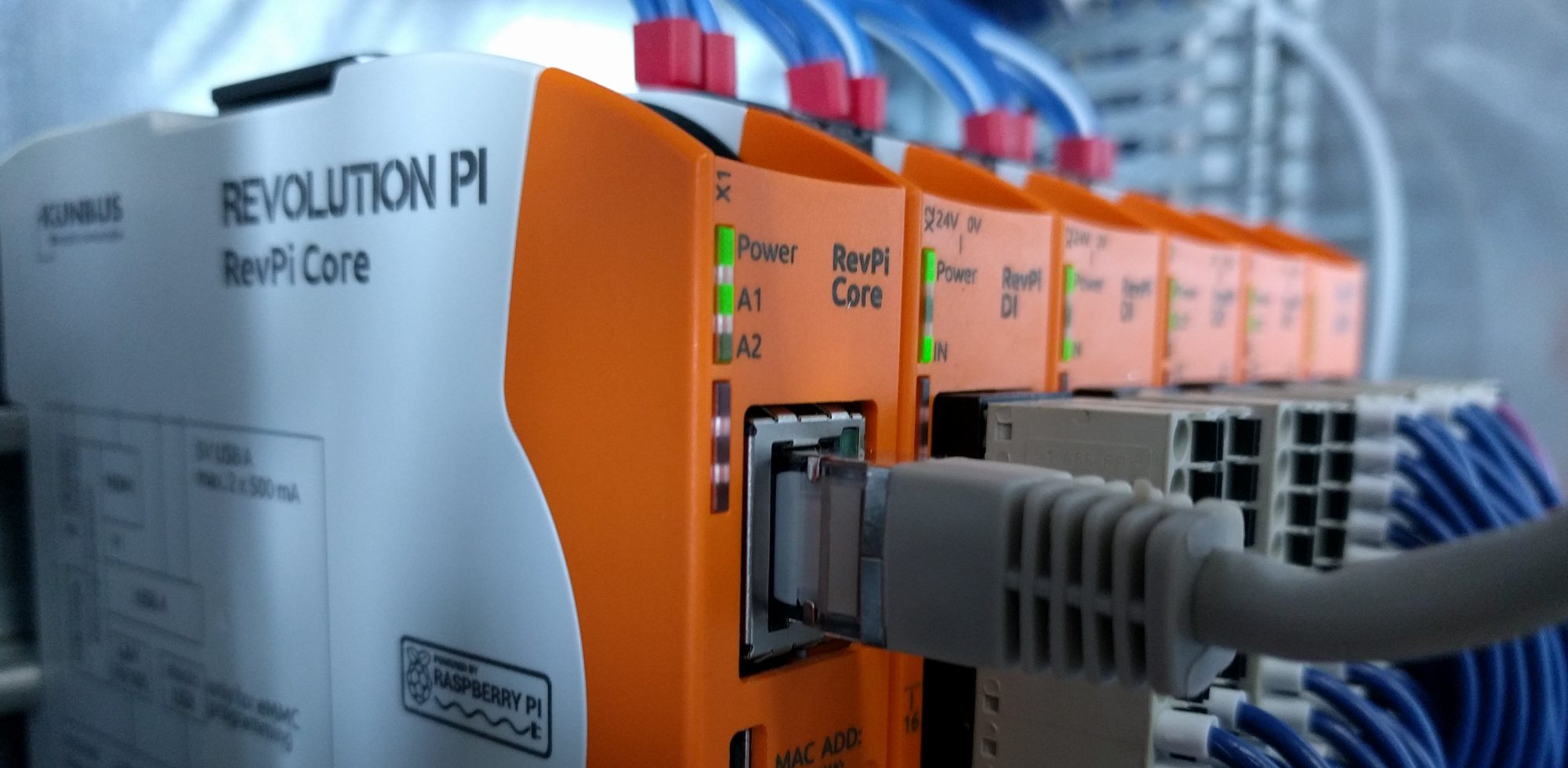This update improves error messages and introduces byte summary with .replace_io(...) function:
- Error messages were made clearer in case of missing piCtory configuration.
- Network errors with RevPiNetIO are displayed as warnings.
- Several bytes of a gateway or virtual device can be combined as a byte sequence in a new IO. The
.replace_io("neuername", frm="8s")function for the format character s now supports a number of bytes. See DOC.
